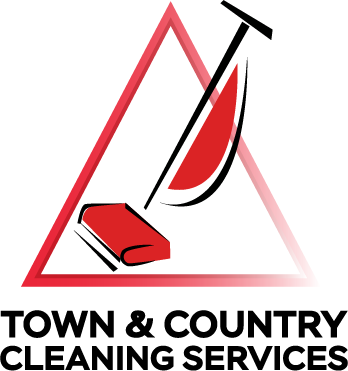Costly Housecleaning Ignorance
Do you remember that bumper sticker: If you think education is expensive, try ignorance?! This applies to cleaning too. The cost can be great, whether it is damage to hardwoods, rugs, granite or even worse: to your health! The following article was recently written by our President, Bruce Vance; it will be published by the ARCSI (Association for Residential Cleaning Services International) in their newsletter The Cleaning Connection for their “The Tech Corner” column. Though aimed at cleaning companies it contains valuable information for homeowners too.
Find Reliable “How-To” Resources for Cleaning
“As professionals we all want to use the best information to give our clients the safest and most thorough clean with as little labor as possible. Where do we look for this information? Likely we use Linked In ™, Facebook™, newspapers, magazines, company web sites, classes, etc. We all know that we have to be careful about where we get our advice because the ‘social media’ postings reflect different degrees of knowledge and experience, but publications and supplier sites and literature should be more reliable. Unfortunately, I have recently seen several incidents where the information was not only wrong but dangerous.
The Problem with Popular Wisdom? — It may Not be Wise
“Let me cite a few examples: a column in a major newspaper in our own state of North Carolina ran an article that suggested making a cleaning solution of 1 part chlorine bleach and 5 parts water. In another case a reply to a question on a supplier’s ‘Q and A’ page stated that their detergent killed mold and its spores. By the way, I have found that newspaper and television ‘helpful hints’ articles are often notably bad sources of information. Those of you who have taken the HCT course [for IICRC certification] are already recognizing red flags from these examples, but for those who have not yet taken it, here is a quick analysis. Any product that is a disinfectant or fungicide is strictly regulated by the EPA under the Federal Insecticide Fungicide and Rodenticide Act (FIFRA). To make any ‘-cide’ claims the product must undergo extensive testing and review by the Environmental Protection Agency (EPA). Every word on the label must be approved. If you are dealing with a ‘-cide’ the label will always include this language: “It is a violation of Federal law to use this product in any way inconsistent with its labeling.” Among the labeling information are dilution ratios which are carefully determined for effectiveness and safety. The Federal and the state officials both take this labeling very seriously. In our state a cleaner was recently fined $80,000 because he did not have a record of or was unable to state the dilution ratio he had used.
“Now let’s go back to the bleach issue. There are two problems; one—bleach is not a cleaner and two—according the label, the strongest permitted ratio is 1 to 10. So here we are dealing with a “cleaning” solution which is NOT a cleaner, a ‘recommended’ ratio which is illegal, and as it is quite corrosive it may damage a number of surfaces or even someone’s lungs. This is a scenario guaranteed to make a cleaner look ‘not good’! In the other example we have a claim of a ‘sporicide’ which has neither been tested nor granted EPA approval. For a supplier to make such a claim is highly illegal and likely false. Any disinfectant, fungicide, sporicide, etc. will have on the label “it is a violation of Federal law….” It will have clear directions for use and specific listing of what it is effective against (i.e. one or more specific bacteria, virus, etc.). Be careful and aware. The large companies (for example, Proctor & Gamble, Betco, Spartan) are under such intense scrutiny that you can be quite confident that their labels and literature are very carefully worded. With smaller companies (and there are many good, small suppliers) you need to be more careful with your own due diligence.
“Next time, we’ll examine why you need to carefully read the MSDS when selecting any cleaning solutions, as well other tips on vetting information sources.
“Remember, when you put yourself forward as a professional, you are declaring, among other things, your ability to make wise and prudent choices in the selection of your cleaning solutions. Be informed: for the sake of your employees, your clients and their property, and your company’s fiscal health and security.”
Safety First
Note from Sarah: If you are a homeowner acting as an employer of a house cleaner, be very sure before asking for the use of specific cleansers that you are acting safely for both your sake and theirs. There are a number of products that you can buy right off the grocery shelf that we will not permit our staff to use, in order to protect everyone’s safety!
photo by: 3dpete

